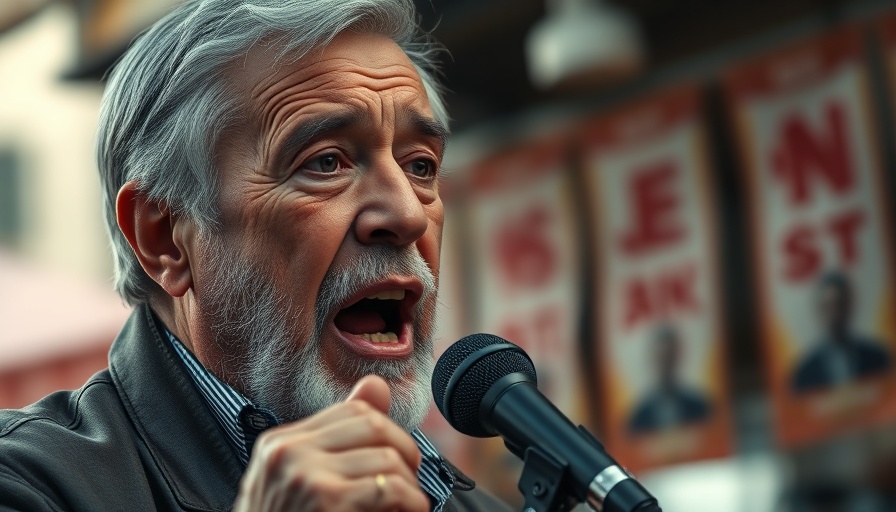
RFK Jr. Faces Backlash for Lacking Due Diligence
Robert F. Kennedy Jr., the current Secretary of Health and Human Services, is under fire for admitting he did not fact-check his widely discussed "Make America Healthy Again" (MAHA) report. This revelation came to light during a recent hearing with the House Energy and Commerce Committee, where he was grilled by Democratic Representative Raul Ruiz about the validity of the report’s citations. With more than 500 sources cited, shocking disclosures indicated that several of these references did not exist, raising serious questions about the integrity of the data used to support fundamental public health policies.
Why Fact-Checking is Crucial
In an era where misinformation can spread like wildfire, the importance of verifying facts cannot be overstated. The health policies led by RFK Jr. are supposed to protect and improve the nation’s well-being. When leaders rely on dubious or non-existent data, it undermines public trust in health systems. To illustrate, a parallel can be drawn to previous instances where misinformation about vaccines and public health led to significant community health crises. It’s vital that information shared by public health officials be both accurate and credible.
The Impact of Fake News on Healthcare
The implications of RFK Jr.'s oversight are monumental. Incorrect data can tighten the grip of conspiracy theories and diminish the public's adherence to scientifically supported health policies. This is particularly pertinent today, where vaccine hesitancy has been a major obstacle in combatting diseases. Misinformation can result in communities rejecting legitimate healthcare guidance, leading to a public health disaster.
Diverse Perspectives on RFK Jr.'s Leadership
Supporters of RFK Jr. may argue that his approach to public health fosters debates that challenge the status quo. They may see his accusations of the government as a necessity for reform. However, that belief doesn’t hold up in light of evidence showing that mismanaged data can diminish health outcomes. Beyond his fan base, critics argue that such actions put the country at risk, failing to protect the communities that depend on accurate health information.
Social Media Reactions and Public Perception
As RFK Jr. navigates this storm, social media has become a hotbed for ridicule, with users highlighting his inability to confirm the sources of his report. This reaction underscores a significant trend: the rise of digital accountability, where public figures must recognize the potent power of social media in shaping health narratives. Examining these social media reactions shines a spotlight on the public's demand for transparency in leadership.
What Lies Ahead for Public Health Policy
As the nation moves forward, the call for better vetting processes in health communications is clear. Health officials must ensure that policies are backed by credible and verified data. If RFK Jr. intends to lead effectively in public health, he will need to overhaul how reports like the MAHA are produced and ensure that every source cited is both factual and accessible. Building a credible foundation is the only way to restore public trust in the health sector.
In conclusion, RFK Jr.'s admission raises critical questions about accountability in public health leadership. As stakeholders navigate these developments, the call for rigorous fact-checking and transparency has never been more pertinent. Everyone has a role in ensuring that our nation's health policies are grounded in truth and accuracy.
 Add Row
Add Row  Add
Add 




Write A Comment